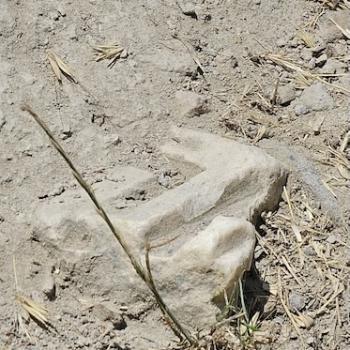We have already previously reviewed on this blog Pope Benedict’s two very substantial books on Jesus of Nazareth (see the archives for 2011). Now on the wheels of those two books comes a very slender but substantive treatment of the ‘infancy narratives’. Though it is only 144 pages, it is far from insubstantial, and has become a best seller since it came out in November. As I have said before Josef Ratzinger is a classically trained theologian and exegete. He is perhaps unique in all of papal history in his training and abilities in this regard. Furthermore, he has a good critical mind and understanding of the importance of good historical reflection. Consider for example his statement at the very outset of this new book:
“I am convinced that good exegesis involves two stages. Firstly, one has to ask what the respective authors intended to convey through their text in their own day—the historical component of exegesis. But it is not sufficient to leave the text in the past and thus relegate it to history. The second question posed by good exegesis must be: is what I read here true? Does it concern me? If so how? With a text like the Bible, whose ultimate and fundamental author is God himself, the question regarding the here and now of things past is undeniably included in the task of exegesis. The seriousness of the historical quest is in no way diminished by this: on the contrary it is enhanced.” (p. xi). While I would say that the Pope is speaking about both good exegesis, and its modern application here nevertheless, he is write that any believing person will need to go through this whole hermeneutical arc to fully deal with the Biblical text.
One thing that distinguishes this book from the Pope’s previous two books on Jesus is that the works cited come up close to the present. The previous two books seems to have been written prior to when the cardinal became the pope, but clearly this one was written more recently to judge from the notes and bibliography.
Once again the Pope relies mostly on German and some French scholarship, and in this particular volume there are some notable lacunae…. for example it is hard to imagine writing a book like this and taking no note of the majesterial work of Father Raymond Brown on the subject (two major studies on the virginal conception and on the birth narratives), perhaps the leading Catholic scholar on this subject in modern history. I do not really know the level of facility the pope has with reading detailed Biblical scholarship in English, but this omission is very surprising. In our next post, we will discuss what the Pope has to say about those interesting and varied genealogies in Matthew and Luke.













